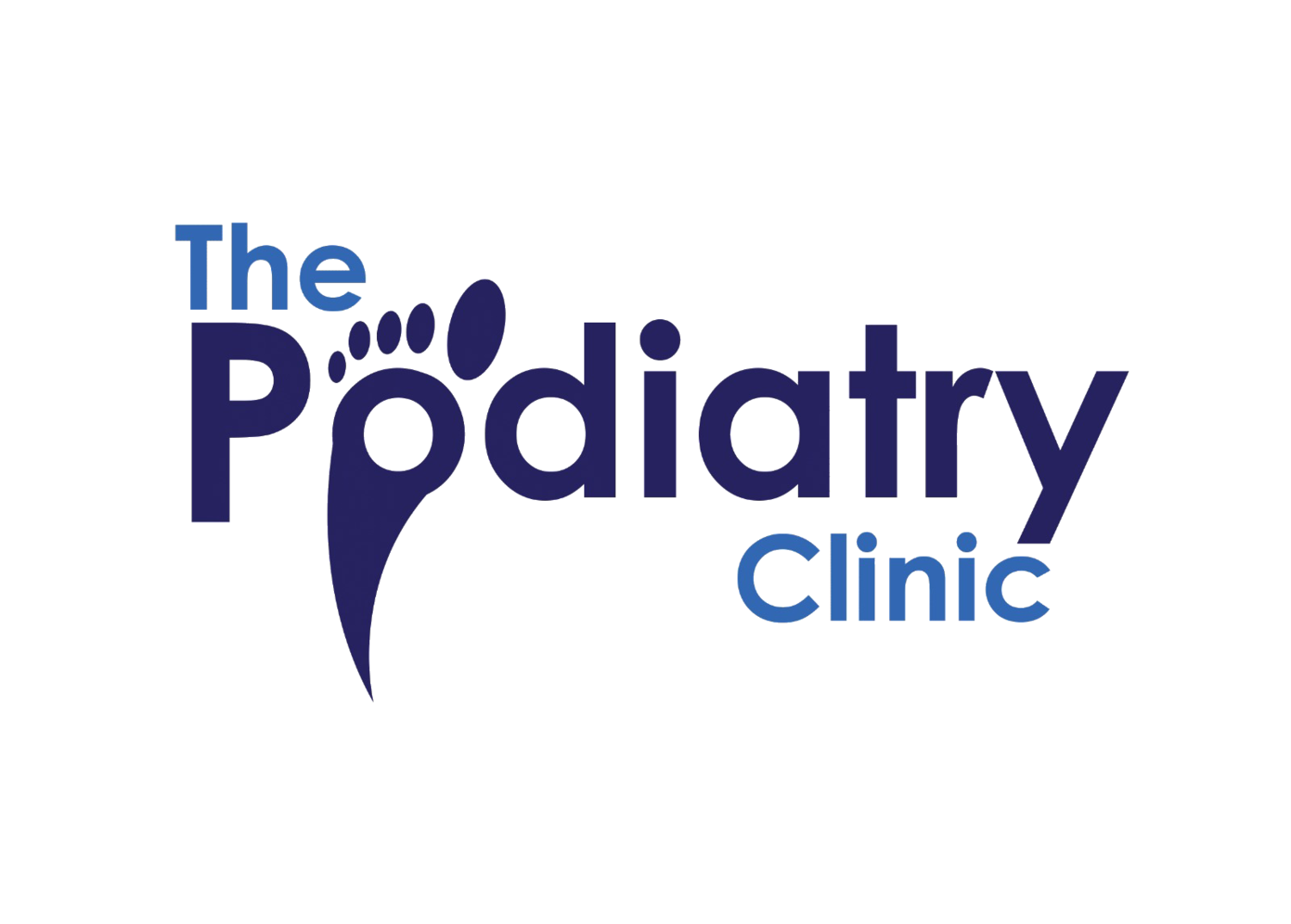
PLATELET RICH PLASMA (PRP) INJECTION FOR JOINT & TENDON PAIN
The Podiatry and Physiotherapy Clinic Harborne, Birmingham's Leading Provider of PLATELET RICH PLASMA (PRP) Injections for MSK Pain.
Are you tired of dealing with chronic heel pain or other joint and tendon issues? PRP injections may be the solution for you. At our Podiatry and Physiotherapy Clinic in Harborne, Birmingham, our team of experienced Physiotherapists and Podiatrists will work with you to determine if PRP injections are the right treatment for your specific condition. We use the latest techniques and technology to ensure the highest quality of care.
Don't let joint and tendon pain hold you back any longer. Contact The Podiatry & Physiotherapy Clinic Harborne, Birmingham today to schedule a consultation and learn more about how PRP injections can help you.
What is PLATELET RICH PLASMA (PRP)
Plasma Rich Protein (PRP) is a treatment that utilizes a patient's own blood plasma, which is rich in growth factors, to promote the healing and regeneration of injured tissue. PRP is a non-surgical treatment that is used to treat various musculoskeletal conditions such as tendinitis, arthritis and ligament injury. PRP injections can be used to treat conditions such as:
Shoulder joint pain
Knee joint pain
Tendons pain
Heel pain
How PRP Differs from Other Injections
PRP injections differ from other types of injections like steroid and hyaluronic acid (HA) injections. Unlike steroid injections, which only provide temporary pain relief, PRP injections aim to address the underlying problem and promote long-term healing. Similarly, HA injections are used to lubricate joints, but PRP injections help to repair and regenerate damaged tissue.
Who Can Benefit from PRP Injections
PRP injections can benefit anyone who is suffering from chronic joint or tendon pain caused by conditions such as tendinitis, arthritis, and ligament injury. PRP injections can also be used to treat chronic heel pain and plantar fasciitis.
How is the PRP Injection Administered
PRP injection is a simple procedure that takes about 30 minutes. First, a small amount of blood is drawn from the patient. The blood is then placed in a centrifuge, which spins the blood at high speeds to separate the red blood cells from the plasma. The concentrated plasma, which is rich in growth factors, is then injected into the affected area.
How Many PRP Injections are Needed
The number of PRP injections needed will vary depending on the condition being treated. Typically, one to three injections are needed to achieve optimal results.
Risks and Side Effects of PRP Injections
PRP injections are considered safe with minimal risk of side effects. Some patients may experience mild pain, swelling, or redness at the injection site, but these symptoms typically resolve within a few days.
Contact Us
Don't let joint and tendon pain hold you back any longer. Contact The Podiatry and Physiotherapy Clinic Harborne, Birmingham today to schedule a consultation and learn more about how PRP injections can help you. Our team of experienced physiotherapists and podiatrists will work with you to determine if PRP injections are the right treatment for your specific condition. We use the latest techniques and technology to ensure the highest quality of care.


